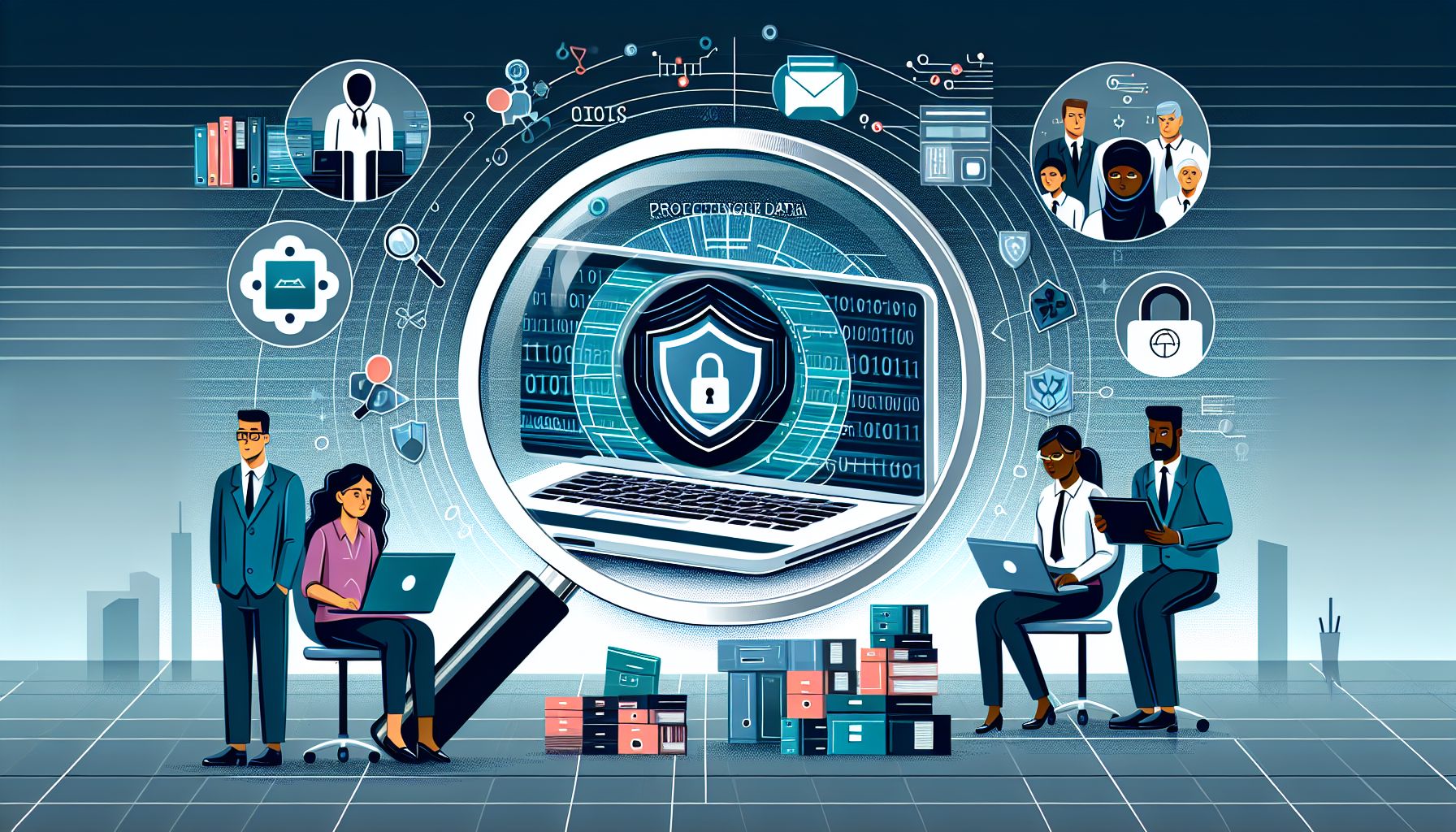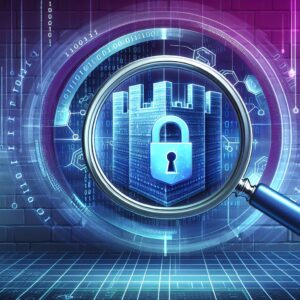In today’s digital age, where we rely heavily on computers and technology to store and manage our data, the importance of cyber security and computer forensics cannot be stressed enough. With cyber attacks on the rise and hackers becoming increasingly sophisticated in their methods, it is crucial for individuals and businesses alike to take proactive measures to protect their sensitive information.
What is Cyber Security?
Cyber security refers to the practice of protecting computers, servers, mobile devices, electronic systems, networks, and data from malicious attacks. These attacks can come in many forms, such as viruses, ransomware, phishing emails, and denial-of-service attacks. Cyber security measures help prevent unauthorized access, data breaches, and other cyber threats that can compromise the confidentiality, integrity, and availability of data.
There are various tools and techniques that can be used to enhance cyber security, such as firewalls, antivirus software, intrusion detection systems, encryption, and secure authentication methods. By implementing these measures, individuals and organizations can reduce the risk of cyber attacks and protect their sensitive information from falling into the wrong hands.
The Role of Computer Forensics
Computer forensics, on the other hand, is the process of collecting, analyzing, and preserving digital evidence to investigate and solve cyber crimes. In the event of a security breach or data theft, computer forensics experts are called in to identify the source of the attack, gather evidence, and determine the extent of the damage.
Computer forensics involves the use of specialized tools and techniques to extract and analyze data from computers, hard drives, servers, and other electronic devices. By examining log files, email headers, browser history, and other digital artifacts, forensic investigators can reconstruct the events leading up to a cyber attack and identify the perpetrators responsible.
The Importance of Proactive Measures
While cyber security and computer forensics play a crucial role in protecting against cyber attacks and investigating security incidents, it is important for individuals and organizations to take proactive measures to safeguard their data. This includes regularly updating software and security patches, implementing strong passwords and access controls, conducting regular security audits, and providing employee training on cyber security best practices.
By investing in cyber security measures and being prepared for the possibility of a security breach, individuals and businesses can mitigate the risk of data loss, financial loss, reputational damage, and legal liability. In the event of a security incident, having a well-prepared incident response plan and access to experienced computer forensics experts can help minimize the impact and facilitate a swift investigation and recovery process.
Conclusion
In conclusion, cyber security and computer forensics are essential components of a robust data protection strategy in today’s digital world. By implementing best practices in cyber security, individuals and organizations can reduce the risk of cyber attacks and safeguard their sensitive information. In the event of a security breach, computer forensics experts play a crucial role in investigating the incident, gathering evidence, and identifying the perpetrators responsible. By taking proactive measures and being prepared for the unexpected, individuals and businesses can protect their data and minimize the impact of cyber threats on their operations.




